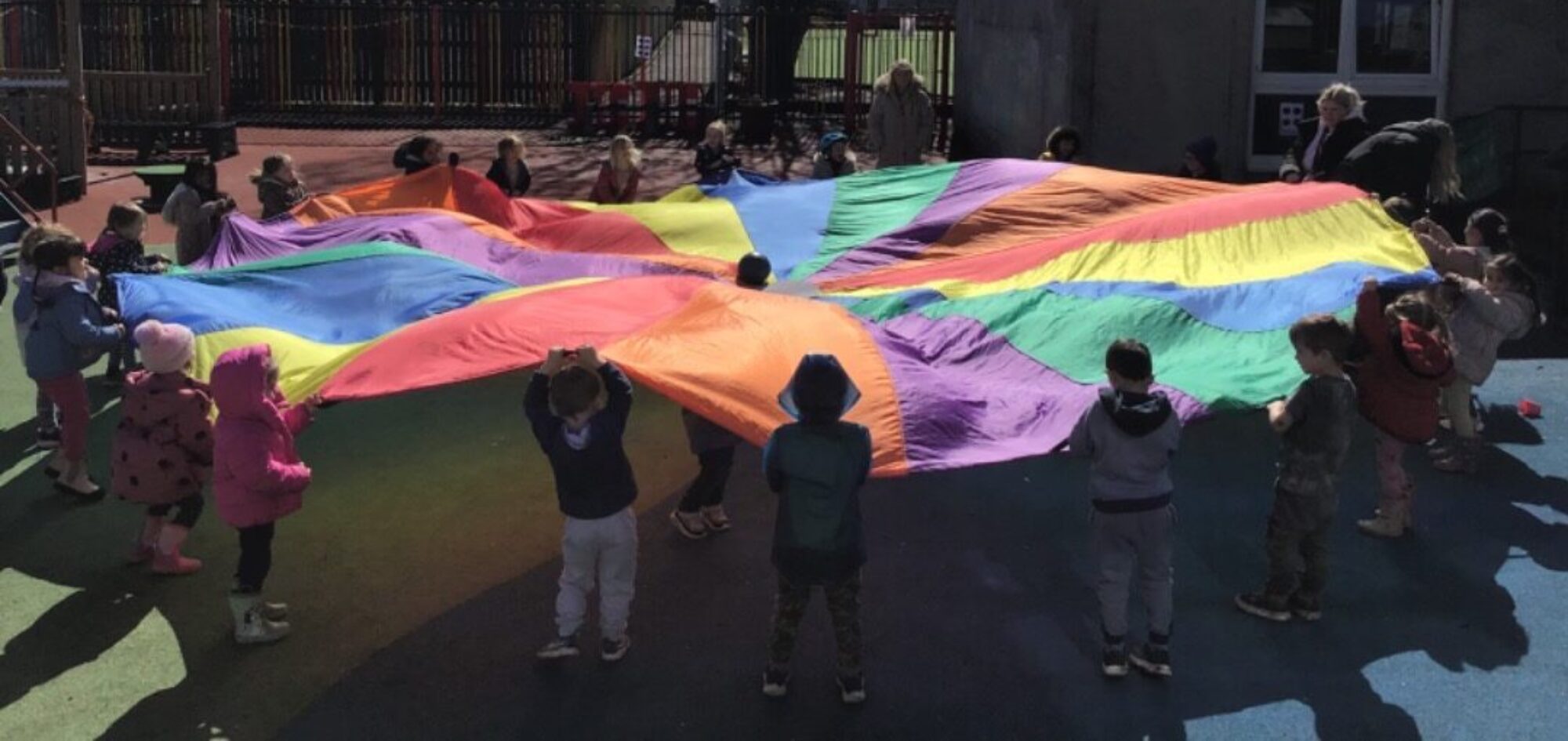East Dunbartonshire Alcohol & Drug Service (EDADS)
This is the team who will assess your support requirements for adults who are experiencing alcohol and/or drug problems. There is a varied team which includes nurses, social workers and addiction workers with access to other medical staff such as psychiatrists, psychology and occupational therapy.
Some of the things the service can help you with are;
- Mental and/or physical health,
- Home alcohol detox,
- Opioid Replacement Therapy,
- Alcohol care & treatment,
- Harm reduction services (Needle replacement /Naloxone),
- Referral to hospital based alcohol/drugs services,
- Access to community rehab services and SMART groups.
These are only some of the ways in which they can help you.
How do you get them to help you? You can contact them by phone, walk in to KHCC (afternoons only) or request a GP referral.
For more information or to access printable leaflets visit East Dunbartonshire Alcohol and Drugs Recovery Service

